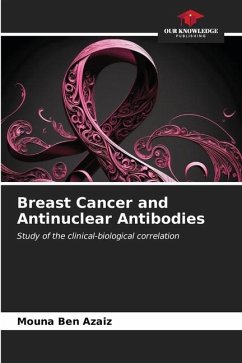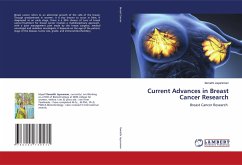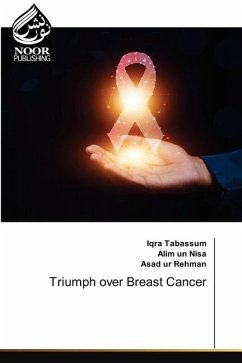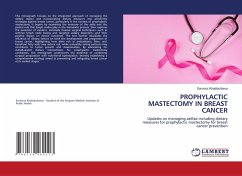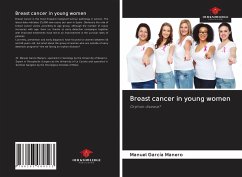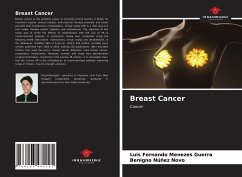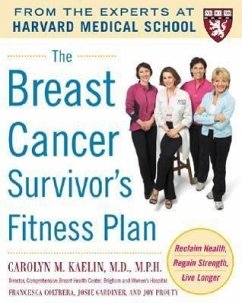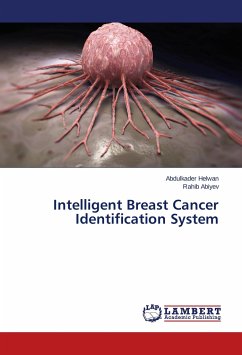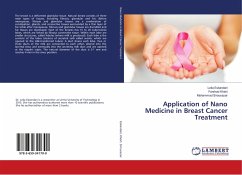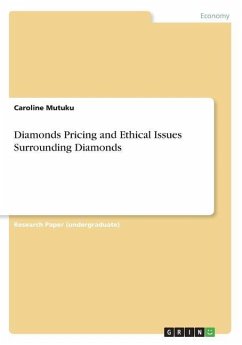
Ethical issues surrounding genetic data: the case of breast cancer
Versandkostenfrei!
Versandfertig in 6-10 Tagen
29,99 €
inkl. MwSt.

PAYBACK Punkte
15 °P sammeln!
Genetic screening for breast cancer in at-risk women remains a major ethical issue, given that it rejects controversial images, namely: a frightening image of cancer; a positive image of cancer screening.This system, which is aimed at women aged 50 to 74, invites them to take part in a two-part screening examination every two years: a first reading, a bilateral mammogram in two incidences (face and oblique) analyzed by a radiologist, followed by a second reading if the mammogram is negative. However, new genetic screening techniques for at-risk individuals have revolutionized the way in which ...
Genetic screening for breast cancer in at-risk women remains a major ethical issue, given that it rejects controversial images, namely: a frightening image of cancer; a positive image of cancer screening.This system, which is aimed at women aged 50 to 74, invites them to take part in a two-part screening examination every two years: a first reading, a bilateral mammogram in two incidences (face and oblique) analyzed by a radiologist, followed by a second reading if the mammogram is negative. However, new genetic screening techniques for at-risk individuals have revolutionized the way in which breast cancer is now treated at a very early, even preventive, stage. For this reason, the concept remains a controversial one, since in these cases we're not talking about sick people, but healthy people who could potentially become ill in the future. This is why I asked myself the following question: "What is the ethical viewpoint regarding genetic screening for breast cancer in women atrisk, with a view to preventive management?





